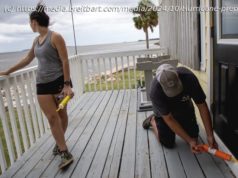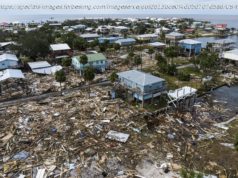No law or written code of conduct prescribes how an investigation into the leak of a draft opinion should proceed, or whether journalists will be swept into it.
There is a well-established but uneven pattern in American law that applies to government secrets and the journalists who uncover them. The First Amendment generally protects the publication of a leak, but not the leaker. An authority no less than the Supreme Court has made it this way. In 1971, as the justices prepared to rule that the government could not prevent The New York Times from publishing the Pentagon Papers — one of the biggest leak cases in history — the source of that leak, Daniel Ellsberg, was indicted by a federal grand jury for theft. The court is now grappling with one of the most significant disclosures of a government secret since then: the release of a draft opinion that sets the framework for overturning Roe v. Wade. Only this time the leak came from inside the building. And there is no law or written code of conduct that suggests how an investigation into such a breach should proceed, or whether the journalists at Politico who brought the draft to light will be swept up in the kind of criminal investigation that top Republican lawmakers have demanded. Unlike the Pentagon Papers, the government study of the country’s involvement in Vietnam, the draft opinion was not classified information. Leaking classified information is a crime. Instead, the recent leak broke the Supreme Court’s conventions for secrecy, an offense that has been punishable with almost certain career death but little else. Given the magnitude of the leak and the aggressiveness with which federal prosecutors have pursued high-profile leakers and journalists in recent years, a criminal investigation is not unthinkable, legal experts said. And while no one is suggesting that Politico broke any laws in the course of publishing its article about the draft opinion, that does not mean the journalists involved would be spared from government pressure to reveal their sources if a grand jury was convened to consider charges against the leaker. “I think it’s pretty clear there is at least enough for a grand jury to investigate,” said Eugene Volokh, a First Amendment expert at the University of California, Los Angeles, law school. “The interesting question is to what extent there’s going to be a subpoena to a reporter.” Often the government will decline to pursue journalists, Mr. Volokh added, noting how that could end up happening case here. But as a legal matter, he said, “I think subpoenaing the reporter would be constitutional.” Media outlets and federal prosecutors have for decades been at loggerheads over whether journalists can be forced to reveal their sources in criminal leak investigations. In recent cases, the Justice Department has obtained phone records and emails from reporters at The Associated Press, Fox News, The Times and other outlets in pursuit of leakers.






